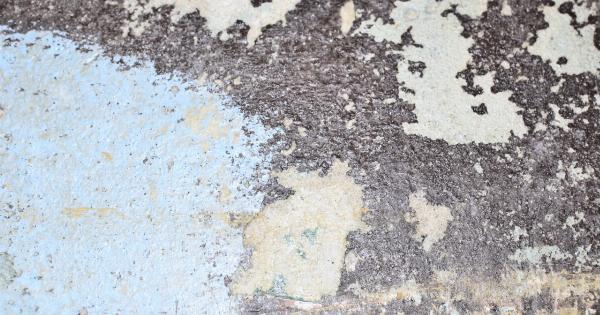Going to the beach is an enjoyable way to spend time with family and friends. However, it is essential to be aware of the harmful germs that can lurk in the sand and water.
These germs can cause severe illnesses and infection that can ruin your day at the beach or worse. Here are the four most harmful germs that can be found in the sand and water.
Vibrio Vulnificus
Vibrio Vulnificus is a bacterium that is found in warm seawater. It can cause severe infections, especially in people with compromised immune systems. It enters the body through an open wound or the ingestion of contaminated food or water.
Symptoms of Vibrio Vulnificus infection include fever, chills, vomiting, and diarrhea. In severe cases, it can cause blood infections, sepsis, and even death. It is essential to ensure that any cuts or scrapes are adequately covered and to avoid ingesting untreated water when swimming.
Salmonella
Salmonella is a bacterium that can be found in water and sand at recreational beaches. It can cause symptoms such as fever, abdominal pain, vomiting, and diarrhea. Salmonella infection is caused by ingesting contaminated water or food.
It is important to practice proper hygiene and hand washing to avoid contracting salmonella. It is also essential to avoid swallowing untreated water while swimming to prevent contract Salmonella.
E. Coli
E. coli is a bacterium that is commonly found in the intestines of animals and humans. It can cause serious illness, especially in children, the elderly, and those with compromised immune systems. E.
coli is transmitted through infected feces or contaminated water. Symptoms of E. coli infection include abdominal pain, fever, vomiting, and diarrhea. It is crucial to avoid ingesting untreated water while swimming and practicing proper hygiene habits to prevent the spread of E. coli.
Norovirus
Norovirus is a highly contagious virus that can cause severe vomiting and diarrhea. It is commonly found in untreated water and can easily spread from person to person. Norovirus is transmitted through contaminated water or surfaces.
Symptoms of Norovirus infection include stomach cramps, fever, nausea, and vomiting. It is important to practice proper hygiene habits and avoid swallowing untreated water while swimming to avoid contracting Norovirus.
Prevention Tips
Preventing the spread of harmful germs in the sand and water is the key to staying healthy while enjoying your time at the beach. Here are some prevention tips to keep in mind:.
- Observe any beach advisories or warnings before going into the water.
- Avoid swallowing untreated water while swimming at the beach.
- Practice proper hygiene habits, including frequent hand washing and covering any cuts or scrapes with a waterproof bandage.
- Do not feed seagulls or other wildlife or leave food out in the open at the beach.
- Shower after swimming to rinse off any bacteria or germs that may have stuck to your skin.
- Use a sunblock that is eco-friendly and does not contain chemicals that can harm marine life or contaminate the environment.
- Support beach clean-up efforts to keep the environment clean and free from pollution.
Conclusion
Beaches provide an excellent opportunity for enjoying summer and outdoor activities. However, beachgoers must be aware of the harmful germs that can lurk in the sand and water.
Following the tips outlined above can help prevent the spread of bacteria and viruses, ensuring a safe and enjoyable beach experience for everyone.































